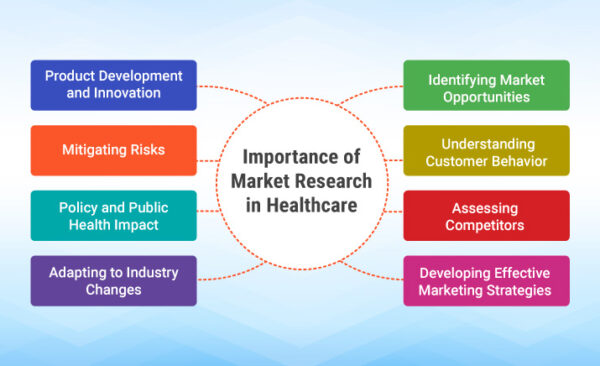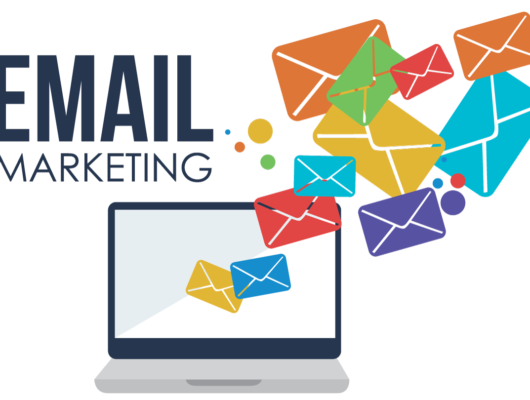The health and wellness industry is thriving, and e-commerce has become a key channel for selling health products. From supplements to fitness gear, consumers are turning to online platforms for their wellness needs.
However, marketing health products requires a strategic and compliant approach. This article will explore effective strategies for marketing health products in the e-commerce space while building trust and driving sales.
Why Marketing Health Products Is Unique
- Regulatory Compliance: Claims about health benefits must adhere to regulations like FDA guidelines or similar regional standards.
- Consumer Trust: Buyers are cautious when it comes to health products, making trust-building essential.
- Competition: The health industry is highly competitive, requiring differentiation and niche targeting.
Strategies for Marketing Health Products Online
- Understand Your Target Audience
- Research your audience’s demographics, lifestyle habits, and health concerns.
- Segment your audience based on their needs, such as fitness enthusiasts, seniors, or parents.
- Create Educational Content
- Blogs and Articles: Write about the benefits, ingredients, and uses of your products.
- Videos and Tutorials: Demonstrate how to use your products or provide wellness tips.
- Infographics: Simplify complex health information for better understanding.
- Webinars: Host live sessions with health experts to engage your audience.
- Focus on Compliance and Transparency
- Avoid exaggerated claims or unverified benefits.
- Clearly list ingredients, certifications, and safety information.
- Provide disclaimers about consulting healthcare professionals.
- Leverage Influencer Marketing
- Collaborate with fitness trainers, nutritionists, or wellness influencers.
- Ensure influencers align with your brand values and adhere to ethical guidelines.
- Use authentic testimonials to build credibility.
- Optimize Product Pages
- Use high-quality images and videos.
- Include detailed product descriptions with benefits, usage instructions, and certifications.
- Highlight unique selling points, such as organic ingredients, vegan options, or eco-friendly packaging.
- Use Social Proof
- Showcase customer reviews and testimonials.
- Include before-and-after photos for relevant products (with consent).
- Highlight endorsements from credible sources or certifications.
- Implement Email Marketing
- Share wellness tips and product recommendations.
- Offer personalized emails based on customer purchase history or interests.
- Provide exclusive discounts or early access to new products.
- Run Targeted Paid Ads
- Use Google Ads and Facebook Ads to target keywords like “best protein powder” or “natural skincare.”
- Retarget website visitors who didn’t complete a purchase.
- Highlight discounts, bundles, or free shipping offers in your ads.
- Leverage Social Media Platforms
- Post health tips, success stories, and product tutorials on Instagram, TikTok, or Pinterest.
- Use hashtags like #WellnessJourney or #HealthyLiving to expand reach.
- Create interactive posts like polls, Q&A sessions, or challenges.
- Offer Subscriptions and Loyalty Programs
- Introduce subscription plans for recurring purchases like supplements or skincare.
- Reward loyal customers with points, discounts, or free products.
Tools for Health Product E-commerce Marketing
- Klaviyo: For email automation and personalized marketing campaigns.
- Canva: To design eye-catching visuals for social media and ads.
- Trustpilot: To collect and showcase verified customer reviews.
- Google Analytics: For tracking audience behavior and campaign performance.
Best Practices for Marketing Health Products
- Prioritize Mobile Optimization: Ensure your website and emails are mobile-friendly.
- Focus on SEO: Use keywords related to health concerns and product benefits.
- Offer Free Resources: Guides, eBooks, or videos that educate customers and build trust.
- Provide Live Chat Support: Address customer queries instantly for better conversions.
Common Challenges and How to Overcome Them
- Building Trust in a Crowded Market
- Highlight certifications and third-party lab testing results.
- Use transparent packaging and clear labeling.
- Navigating Regulations
- Consult legal experts to ensure your marketing materials comply with health industry laws.
- Standing Out from Competitors
- Use storytelling to connect emotionally with your audience.
- Focus on sustainability or unique health benefits to differentiate your brand.
Conclusion
Health product e-commerce marketing requires a balanced approach of education, compliance, and trust-building.
By creating valuable content, leveraging targeted advertising, and maintaining transparency, you can connect with your audience and drive sales.
With the right strategies, your brand can thrive in the competitive health and wellness market.
Let me know if you’d like additional examples or case studies for this topic!







